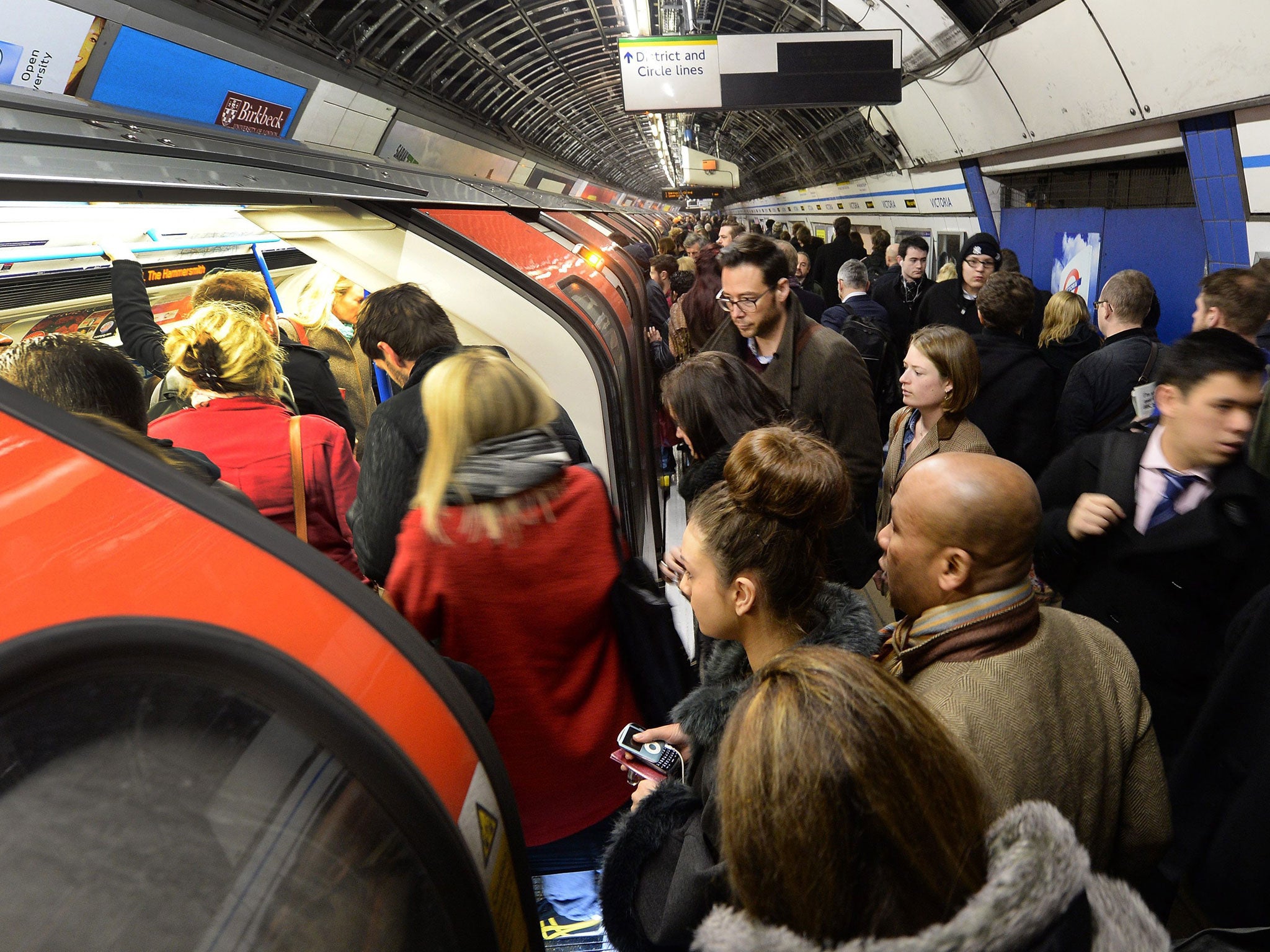Why do we find commuting so horribly stressful?
Whether psychically separated in individual vehicles or on high alert due to the competitive nature of getting there first, we can lose a sense of common humanity

The Office for National Statistics has just released a report into the impact of commuting on personal well-being. The results show that those of us who commute tend to display lower life satisfaction – we do not feel as though what we are doing is worthwhile and, understandably, this makes us unhappy. Principally, commuters find their daily travel stressful – something most of us can surely relate to (and not just when Tube workers are on strike).
What causes this stress? First and foremost, the very practice of commuting tends to wind us up – in all its many forms. Driving means being stuck in traffic jams, buses run late, trains squeeze us in like sardines, cycling means dodging the (already stressed!) motorists and walking can often turn into a flustered sprint if you time it wrong. In most of these modes of transportation, we become reliant on others, getting wound up at their foibles and dreading their mistakes that will surely hold us up (even when walking, we can get angry at acts of God such as the heavy rain so many of us are used to these past few weeks).
Beyond this, the stress likely results from physical complaints that arise as a result of commuting. Those of us who commute are less likely to take regular exercise (unless we live close enough to walk or brave the roads at rush hour by cycling) and more likely to substitute wholesome home-cooked food with ready meals and take-away. We commuters also report increased incidences of back and neck pain, as well as being more inclined to suffer from insomnia. None of these trends promote good mental health and, indeed, all are likely to ramp up anxiety levels in more or less subtle way.
There is, though, another facet to this stress: commuting has led to a perceptible decline in civic identity, especially in urban areas where commuting leads to an alienating social atomisation. The daily trek back and fore to work fragments our communities, cutting off the calming reassurance we can take from the fraternity of mutual support. We become isolated pockets of dissatisfaction lacking the confidence to call on our neighbour for help, advice or to vent some steam. Whether psychically separated in our individual vehicles, resenting the whiff of BO emanating from the fellow rail user whose armpit we are unceremoniously shoved in or simply on high alert due to the competitive nature of getting there first, we can lose a sense of common humanity with our peers. This is the loneliness of the crowds: the heaving mass of strained and harassed faces hauling themselves to and from the office makes us feel as deserted as on any island.
Oddly, the Office for National Statistics report that, for the minority with long commutes of three hours or more, stress levels from commuting actually disappear. Perhaps, we become resigned to our fates or maybe, as the time-frames expand, we feel less need to micromanage thus avoiding last minute panics when our journey doesn’t go exactly to plan. This apparent anomaly may also result from some sort of Blitz spirit working to bring fellow long-haul commuters together in camaraderie, as they become united by their shared, and somewhat extraordinary, experience.
So, how do you relieve the tension of commuting? It may be something as straightforward as to try talking to the person next to you (assuming they can hear you over their headphones).
Join our commenting forum
Join thought-provoking conversations, follow other Independent readers and see their replies
Comments
Bookmark popover
Removed from bookmarks